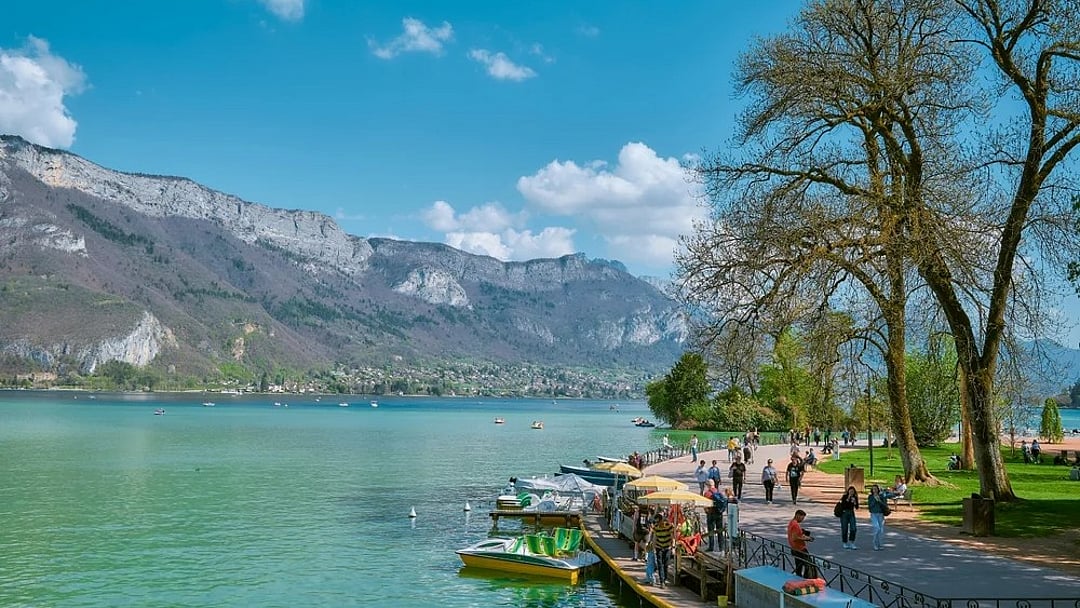For decades, travel writers and guidebooks have relied on one neat formula: the “best time to visit.” Meghalaya in the monsoon, Santorini in May, Kerala in December, New York in the fall. These simple rules worked because weather cycles, flight prices, and holiday calendars followed predictable rhythms. But the world has changed. Climate instability, overtourism restrictions, and new traveller habits have scrambled seasonal logic. Today, the idea of a single perfect month or season has lost much of its relevance. Both travellers and destinations are learning to adapt to a more fluid reality.
Places of Interest
Why 'Best Time to Visit' Is Dead—And What Travellers Should Do Instead
Climate shifts, overtourism and remote work have scrambled classic travel seasons. The old rule—pick the month with the fewest crowds and best weather—no longer holds. Here’s why seasonal advice is breaking down and what to plan for instead

Once-quiet shoulder seasons are now travellers’ favourites, offering space, comfort and authentic local encounters | Lake Annecy, Haute-Savoie, France Photo: Puripat Lertpunyaroj/Shutterstock
Once-quiet shoulder seasons are now travellers’ favourites, offering space, comfort and authentic local encounters | Lake Annecy, Haute-Savoie, France Photo: Puripat Lertpunyaroj/Shutterstock
CLOSE




